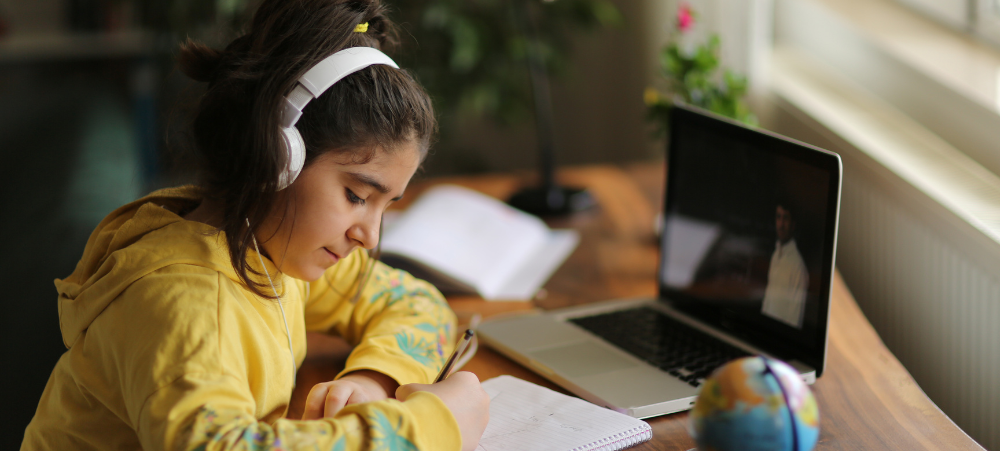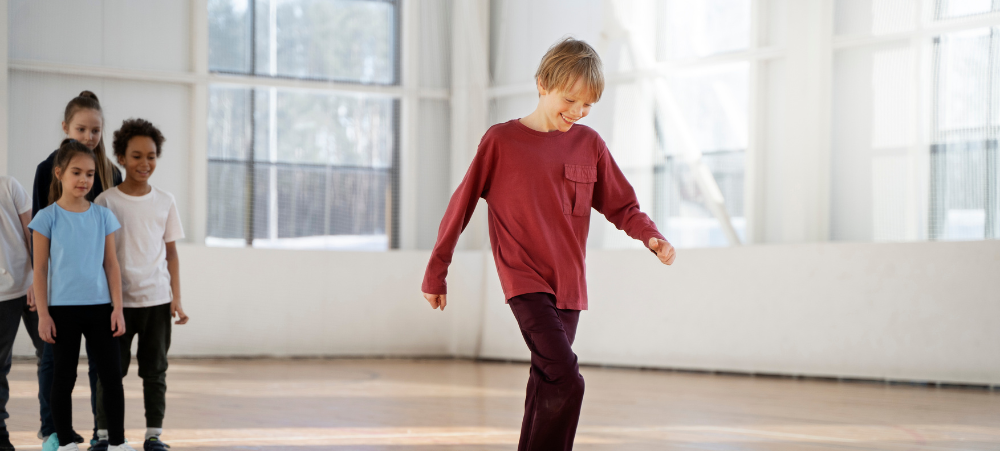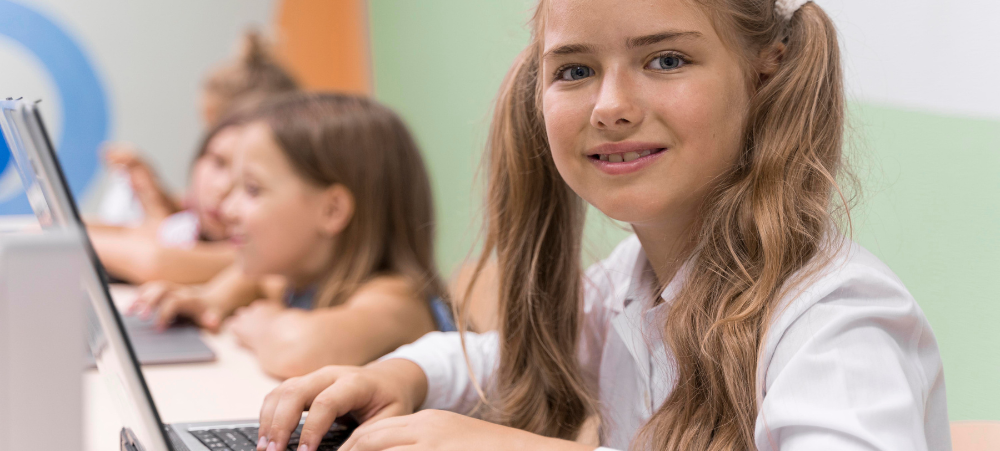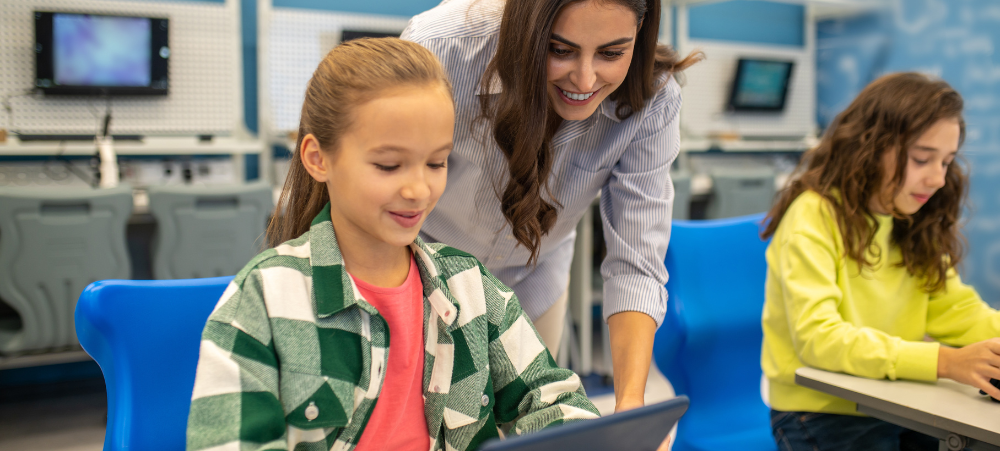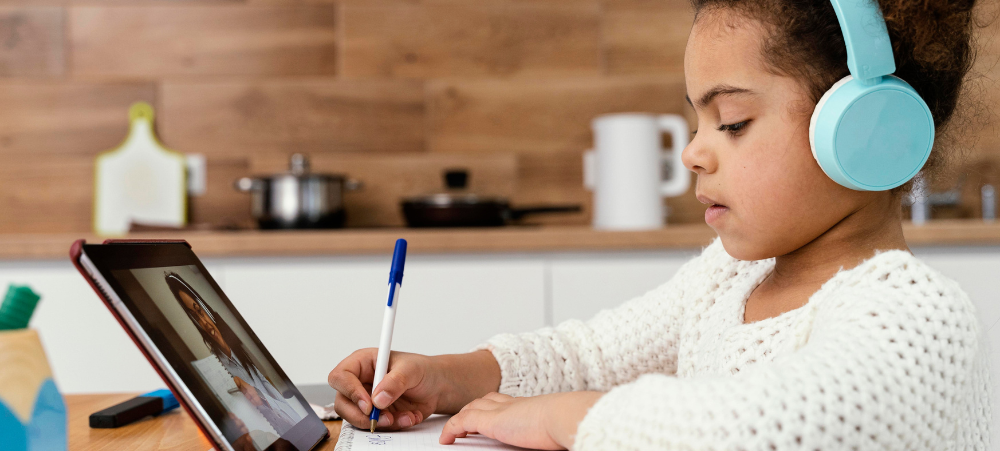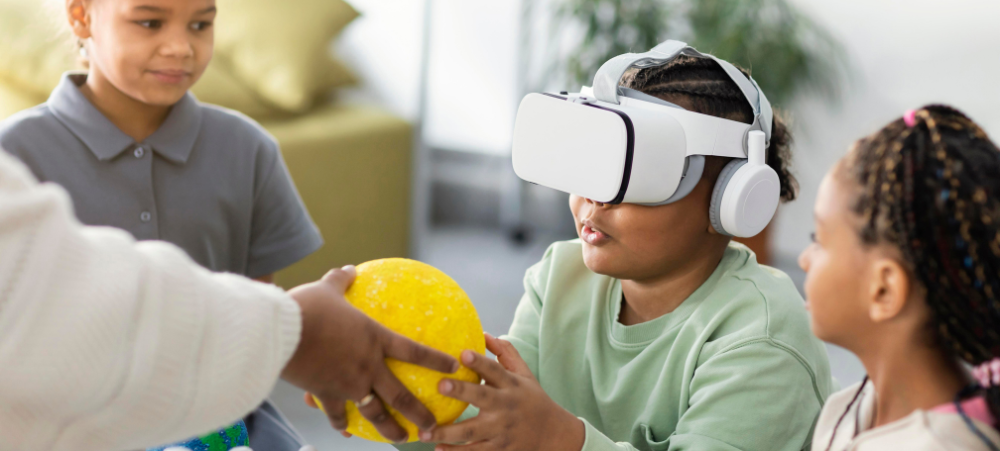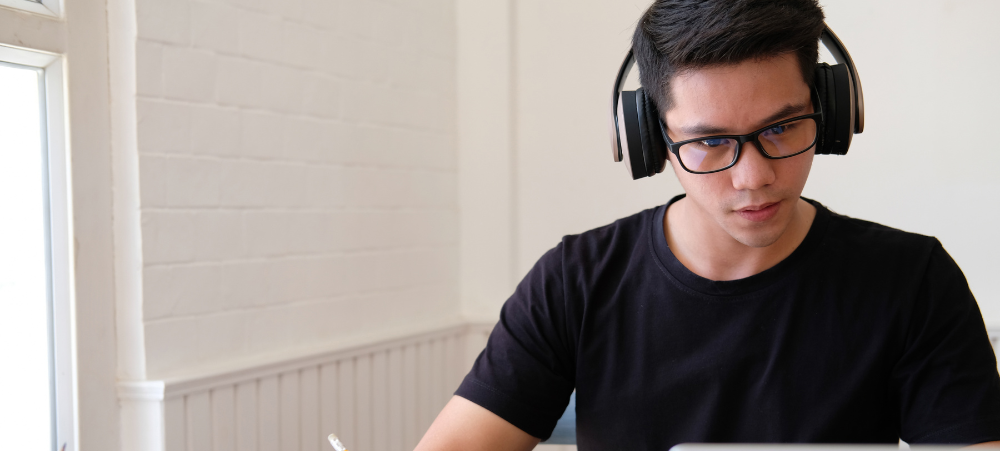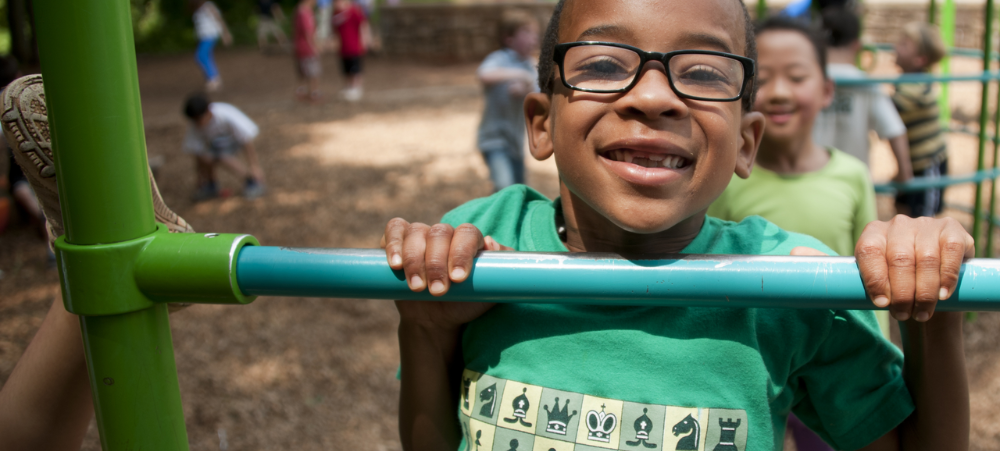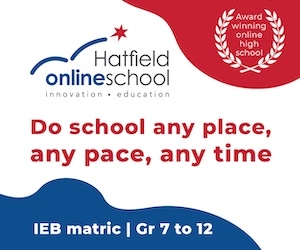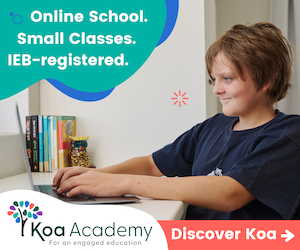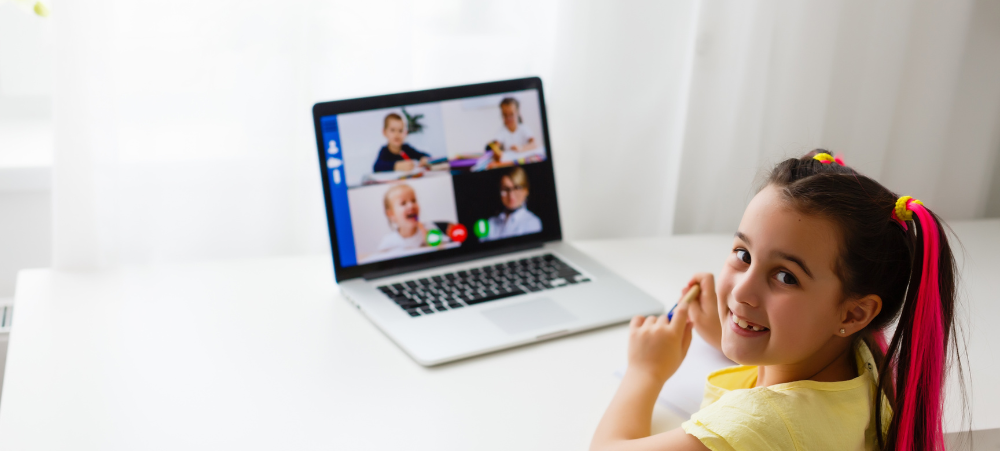
We are open for new registrations!!!
Just keeping in mind that everyone was just on school holidays and maybe thinking about changing their home schooling curriculum…what can they expect to find at Educ8 SA? Making the right decision for your child’s education is crucial, and parents might be thinking of changing up their curriculum or looking at adding some resources. This both can be done through Educ8 SA, we are an online service provider. We have been around for 7 years and we are very proud of our program, you can jump onto our socials, that’s on Educ8 SA, and you will see that our reviews speaks for themselves. Our program is easy to navigate and simple to use. Lessons are interesting, the platform is able to read to you, so it caters for different learning styles and ages, you can even choose the voice that you want to read to you. You have the freedom to be creative, where kids are able to design their own certificates as well. There are many more benefits through Educ8 SA. What will you have to consider when looking for online schooling resources & platforms? There are many things that needs to be considered when choosing a curriculum for your child. Many parents usually research for months and I want to say that Educ8 SA covers all of these important check list… It is important to research and check the credibility and reputation of the online schooling resources platform. Look for reviews and ratings from other users, as well as any awards or recognition the platform has received. The platform’s curriculum and content should be up-to-date and aligned with educational standards. It should also be engaging, interactive, and age-appropriate for the target audience. The platform should offer a wide range of subjects and levels to cater to different learning needs and preferences. This includes core subjects like math, science, and language arts, and many more. We offer 26 different subject components from preschool to Grade 8 GED Reasoning through Language Arts – 150 minutes (including a 10-minute break) Mathematical Reasoning – 90 minutes Science – 90 minutes Social Studies – 90 minutes AHSD 26 credits for all subjects The platform should have a user-friendly interface that is easy to navigate and understand. This is especially important for younger students who may need extra guidance. Educ8 SA covers all these mentioned. And what technology should parents be looking into? Consider the accessibility of the platform and its technological requirements. Our program is web based and compatible on any device with chrome. So you would need a device and a good internet connection, and can be accessed from multiple locations. Many of our parents and kids travel together, because of the flexibility on our program because they can log in on from anywhere in the world. It is important to ensure the platform has proper data privacy and security measures in place. Look for platforms should have transparent policies regarding data collection and usage. We also make sure that you have all the necessary website blockers in place. And what can you share in terms of costs and the support on your platform? One of the main benefits of our program is the affordability compared to traditional schooling. Educ8 SA Curriculum Options: – Grade levels pre-school – Gr. 8: R450 – GED: Grade 12 equivalent R500 – American High School Diploma (Gr. 9 – 12): R1800 We offer teachers support and opportunities for students to communicate with them. This can be through our online messaging systems. We also have our live zoom sessions that parents can book when they would like a detailed session with our team. We offer student progress tracking, this can help parents and students monitor their learning and make any necessary adjustments. We have an amazing parental portal, where you can track all student progress. This can include access to reports and assessments, as well as communication with teachers and administrators. Contact us today! 084 685 2138 [email protected] www.educ8sa.com





